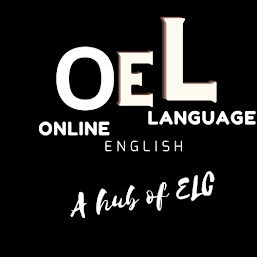why narration is important :
Narration is crucial in storytelling and communication because it plays a significant role in engaging the audience, conveying emotions, and delivering information effectively. Whether it's in written form, spoken words, or visual media, narration serves several essential purposes:
Captivating the Audience: A well-crafted narrative captures the audience's attention from the beginning and keeps them engaged throughout the story. People are naturally drawn to stories that have compelling characters, intriguing plots, and a sense of suspense or excitement.
Connecting Emotionally: Narration allows for a deeper emotional connection between the storyteller and the audience. By presenting relatable characters and experiences, a narrator can evoke empathy, sympathy, joy, or sorrow, making the story more impactful.
Conveying Information: Narration is an effective way to provide information and knowledge. Whether it's in educational content, documentaries, or news reports, a well-structured narrative can make complex concepts more accessible and understandable.
Entertaining and Educating: Narration is not only about entertainment but also about educating and informing the audience. It can be used to teach valuable life lessons, historical events, cultural practices, or scientific facts in an engaging and enjoyable manner.
Creating a Memorable Experience: A powerful narrative can leave a lasting impression on the audience's minds. Whether it's a movie, a book, or a presentation, a well-told story can be remembered for years to come.
Building Character Development: In storytelling, narration is essential for character development. It allows the audience to understand the characters' motivations, fears, and growth throughout the narrative.
Clarifying Complex Concepts: Narration is especially helpful when explaining intricate or abstract ideas. By using relatable analogies or examples, a narrator can make challenging concepts more comprehensible.
Providing Context: Narration sets the context for the story, helping the audience understand the background, time, and place of the events unfolding.
Inspiring and Motivating: Narration has the power to inspire and motivate the audience. It can instill a sense of hope, determination, or courage by presenting stories of triumph over adversity.
Preserving Culture and History: Narration is an essential tool for preserving cultural heritage and history. Through oral traditions and storytelling, important aspects of a society's identity can be passed down through generations.
In summary, narration is important because it captivates, connects, informs, and entertains the audience. It is a powerful tool that allows for the effective communication of ideas, emotions, and experiences, making it an indispensable element in various forms of communication and storytelling.



0 Comments